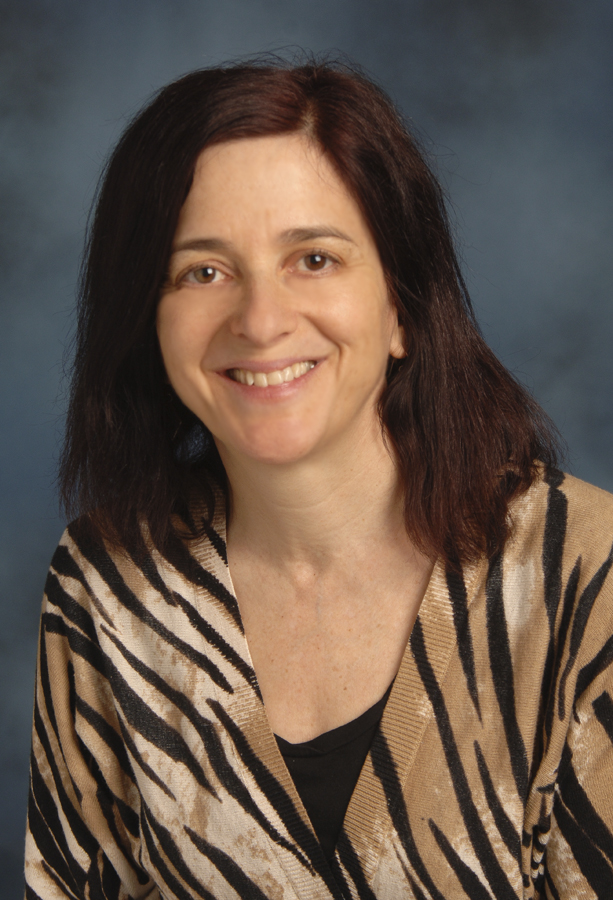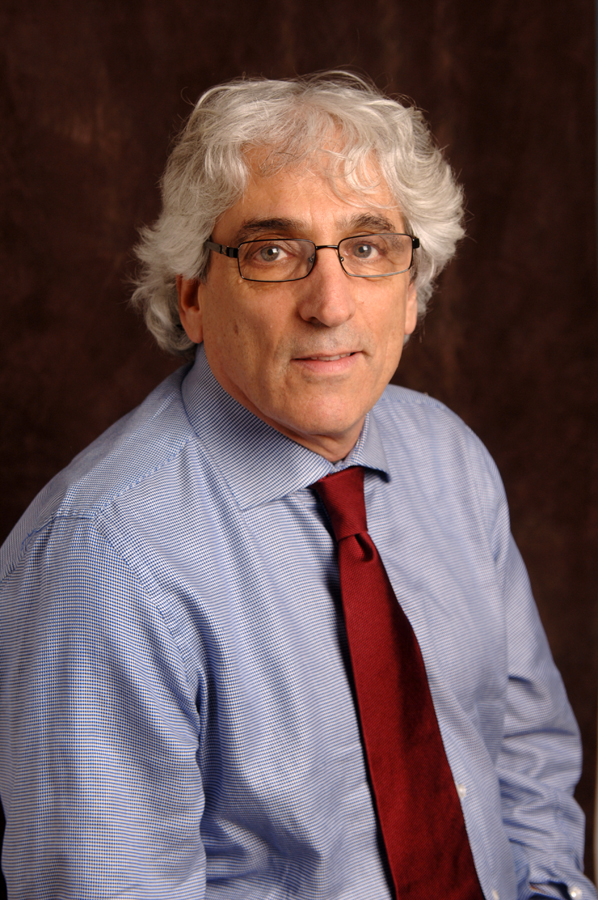In Conversation With… Professors Lisa Dixon and Yuval Neria, Leads of Columbia University’s Digital Mental Health Care for COVID-19 High-Risk Populations Project
September 2022

For public health workers globally, one of the huge challenges posed by COVID-19 was the impact on the public’s mental health. For those living in heavily populated cities, and working closely with people affected by the virus, this crisis was intensified.
Professors Lisa Dixon and Yuval Neria are experts in this field. Together, they lead the project ‘Digital Mental Health Care for COVID-19 High-Risk Populations’ based at Columbia University and partly funded by an endowment from the Huo Family Foundation. The project seeks to help those on the frontline of the COVID-19 pandemic in New York understand their mental health struggles and seek help where necessary.
Lisa, who was born and raised in New York and whose brother has schizophrenia, has always wanted to mitigate the effects of mental illness on individuals and families. She now works to help the state’s service providers deliver the best evidence-based practices to their patients. Yuval has spent the past 22 years working at Columbia University, trying to better understand trauma and post-traumatic stress disorder. He runs a research lab focusing on addressing the impact of trauma on people’s mental health.
Yuval reflects on the origins of the Digital Mental Health Care project: “In addition to the viral pandemic, there was very quickly the rise of a mental-health pandemic. For nurses, firefighters, police officers, bus drivers, train drivers and those at the heart of the frontline – especially in urban areas – it was particularly bad. These are the people we were interested in helping.”
During this time, with psychiatry pivoting online, they wanted to find the best way to enable those most affected by COVID-19 to seek mental health support. Their chosen strategy was to produce and disseminate videos discussing mental health issues and how to find support.

Lisa remembers trying to make sure every aspect was well thought through. “We debated everything: the race and ethnicity of the protagonists, whether or not to use actors, whether or not to film it professionally or as a selfie. The key thing we wanted was for the viewers to identify with the people in the video and therefore be more likely to engage with mental health care.”
They produced a series of five videos with actors describing their symptoms, the treatment they received, and the benefits this had, with the hope of reducing the stigma of mental health support and increasing the number of healthcare workers accessing it. Crowd-sourced testing, taking the form of a randomized controlled trial, showed that the videos effectively encouraged healthcare workers to get help. Lisa reflects that “as a community-level intervention it is not hard to do, and there are so many different ways to propagate it in the digital universe. The potential for impact is really big.”

For Yuval, the next stage for the team will be to apply this style of mental health support in a wider context.
“With every new intervention in psychiatry and psychology, there is always the question: ‘OK, we have done a great clinical trial, we’ve found this therapy or medication works well, so what’s next?’. And so we have to find a way to disseminate this knowledge to providers, practitioners and patients”.
Fortunately, both professors are affiliated with the New York Office of Mental Health, the body that is responsible for numerous hospitals and clinics across the city and state. One state website, NY Project Hope, which aims to help citizens of New York understand their mental health better and signposts ways to get help, has featured their videos.
Yuval is hopeful that people are now more open to accept their mental health needs, and that with this comes a greater willingness to seek support.
“I think, overall, if you look at the direction of how people perceive mental health problems in general, younger generations now are more open to acknowledging the impact of trauma in their lives. I look at my kids, for example, and they look at psychotherapy treatment in a much more natural way than my generation who saw trauma, depression, PTSD, as a weakness.”
When thinking about philanthropy’s role in the space of mental health research, Yuval says that projects such as these would not be possible without its funding.
“Research is often well funded when there are scientific goals attached to it, but when we want to carry out projects which are more of a moral obligation to certain vulnerable groups, then we cannot do that without philanthropy”.
You can read more about the project here: https://worldprojects.columbia.edu/digital-mental-health-care-covid-19-high-risk-populations